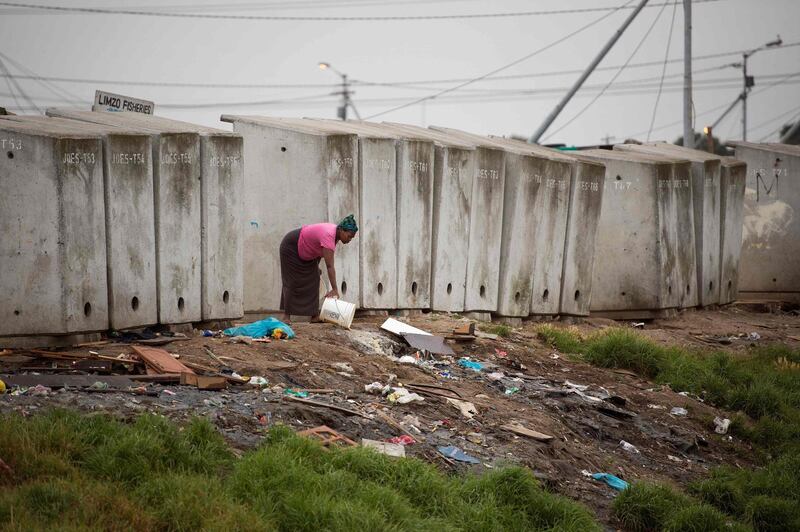From the beginnings of a trading outpost at the Cape of Good Hope in 1652, the conquest of southern Africa by Europeans was relentless.
By the mid 19th century most of region was controlled by British, Portuguese, German and Afrikaner interests.
In what became South Africa, a benchmark year was 1913, when the Natives Land Act was enacted. This law provided for specific racial classification, and prohibited blacks from owning property in "white" areas.
Instead, they could own land in designated areas - around 13 per cent of the country's land area in total. With the introduction of apartheid in 1948, land restrictions increased even further. The white government made it illegal for blacks to live in white areas, including towns and cities.
Movement was controlled by an internal passport, the much hated "dompas". Without it, a black person was liable for instant arrest if caught in a white town or suburb.
A protest against the pass in 1960 was burned into history as the Sharpeville Massacre. Thousands turned up at the Sharpeville police station outside Johannesburg to symbolically burn their passes. Panicked policemen opened fire and 69 people were killed.
The event prompted a worldwide backlash against apartheid culminating in international sanctions. By 1994 apartheid was over but the vast imbalance of land ownership was not. The freshly installed African National Congress under Nelson Mandela pledged to return people to their land. Especially to communities that had been evicted during apartheid, such as the mostly Muslim inhabitants of District Six in Cape Town.
_____________
Read more:
S&P cuts South Africa debt score to junk
Rapid urbanisation brings lifestyle havens for Africa’s middle class
_____________
Getting people back on to their property was no easy task. Many had died and their descendants had to be compensated instead. Farmland acquired from evicted tribes had been sold multiple times and current owners demanded compensation or refused to leave.
In the case of the District Six community, their homes had been demolished and a college built on the site. This group were descendants of Muslim slaves brought to the Cape in the 17th century, and had traditionally lived in the shadow of Table Mountain.
Today, financial compensation has been paid to many of the original District Six inhabitants, who now mostly live outside Cape Town in a bleak, barren and windswept area blighted by gang violence. Few would argue that the compensation paid has made up for the loss of a once-thriving community.
Meanwhile, a process to compensate people who lost land to farmers was set up. In total government figures show around 50 billion rand (Dh13.42bn) has been used to settle land claims over the past two decades.
This has not, however, adequately addressed the need for expanding communities desperate for land of their own.
There are still an estimated 30,000 white-owned farms in the country. The sector employs some 850,000 people, and contributes about 2.5 per cent to the country's GDP.
Yet the undeniable need for land and the political pressure to deliver it is likely to weigh on the farming sector for some time to come.






